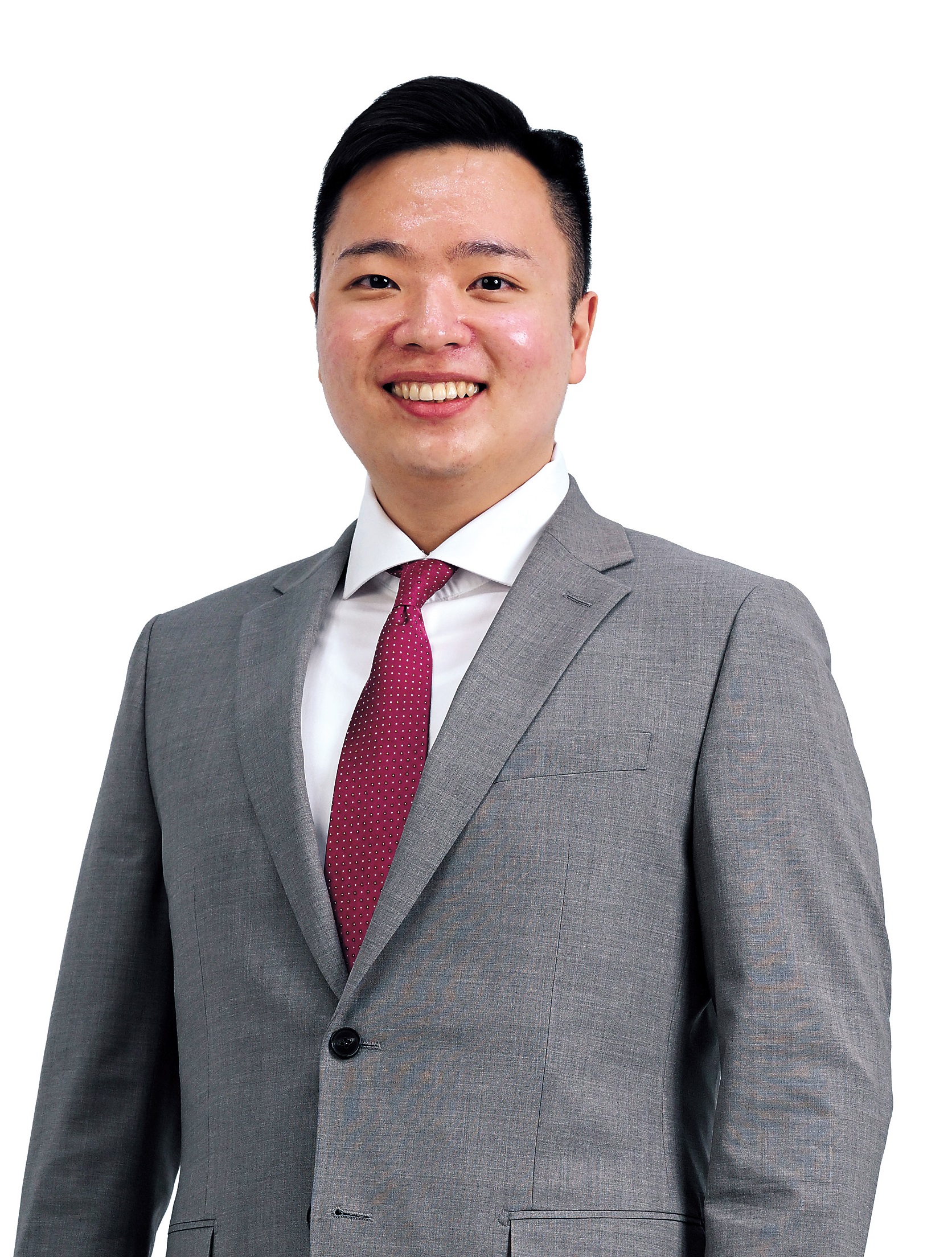[From the Scene] What it's like working as intern at K-food giant
Buoyed by robust growth in overseas sales, CJ CheilJedang pioneers global talent acquisition
By Hwang Joo-youngPublished : July 23, 2024 - 14:20

Vien Yeung, a 29-year-old Chinese American from the University of California, Berkeley, and a current MBA candidate at Harvard Business School, has chosen to spend her summer at Korea's food giant, CJ CheilJedang.
With her graduation set for March 2025, Yeung's decision to work at the company stems from her ambition to gain international experience for her future career.
“I wanted to get my MBA to reach the executive level, potentially becoming a chief marketing officer one day,” Yeung said at the headquarters of CJ CheilJedang in central Seoul on July 16.
“In today's world, achieving that goal requires global experience, such as managing campaigns or branding efforts in international markets. And when you think about businesses that excel at this, you immediately think of Korean companies,” she added.
Yeung is currently working in the brand marketing team at CJ CheilJedang, participating in the global internship program, which the company launched for the first time in June to attract top global talent with a deep understanding of local cultures and markets, thereby enhancing its global competitiveness.
Running from June 10 through Aug. 2, the 8-week program is the first of its kind among domestic food companies. According to CJ CheilJedang, more than 5,000 applicants applied for this year's program, with 18 selected from countries including the US, France, and Singapore. Candidates were evaluated based on academic performance, job competence and interest in Korean culture and K-food.
This initiative reflects the company’s commitment to global expansion, as evidenced by its recent achievements. For the first time last year, its overseas food business outperformed domestic sales. In the fourth quarter of 2023, overseas food sales reached 1.39 trillion won (approximately $1 billion), surpassing domestic sales of 1.38 trillion won.
Yeung explained that her choice to join CJ CheilJedang -- unlike her MBA colleagues who mostly opt for internships at investment banking or consulting firms -- was influenced by the company’s pioneering role in promoting Korean food and culture on a global scale.
“K-culture, including Korean food, has gained tremendous popularity worldwide, and this level of global cultural diffusion is unparalleled,” she said. “As an aspiring marketing professional, the opportunity to gain global experience at a leading Korean company like CJ CheilJedang is invaluable for my future career.”
Sophie Schick, another participant working with the mergers and acquisitions team, echoed a similar sentiment. Schick, set to graduate in June 2025, completed her undergraduate degree at Harvard University and is currently pursuing her MBA at Stanford Graduate School of Business.
“Although I studied mechanical engineering as an undergraduate, I have always loved thinking about how physical products come to life and evoke emotional responses,” the 26-year-old said. “When it comes to food, in particular, the connection is profound because it’s something people consume daily and need to trust implicitly. The credibility and resonance of a food brand are crucial, as consumers literally put it into their bodies.”
“This aspect of food branding, especially creating a product that feels trustworthy and authentic to consumers, was a key factor in my decision to join CJ CheilJedang,” she added.
Schick supports the mergers and acquisitions team by conducting comparative analysis. She examines examples of acquisitions and the setup of M&A teams at other comparable industry rivals to understand the factors, practices, and procedures that enable their success.
For Schick, the appeal of CJ CheilJedang lies in its innovative approach to consumer products, particularly its success with the Korean food brand Bibigo.
“Bibigo has significantly improved the perception of frozen food,” Schick explained. “It has elevated traditional food categories, such as mandu, to a premium status in the US market, demonstrating that convenience and high quality can go hand in hand.”
The company also recognizes the benefits of the internship program, where young talents from various countries and cultural backgrounds bring fresh insights and promote diversity.
"Currently, we're planning to expand the global internship program because we believe that for us to further grow globally, it is essential to continually expand our global acceptance as well," a CJ CheilJedang official said.
Recently, the company has continuously enhanced its leadership by bringing in overseas talents for executive roles. For instance, Stephan Chipionka, former vice president of Coca-Cola's global marketing department, was appointed as chief marketing officer, and Gregory Yep, former head of International Flavors & Fragrances' R&D Center, was appointed as chief technology officer, both for the food business department last year.
Participants in the global internship program receive a settlement support program that includes housing and transportation, in addition to the base salary provided. Beyond this program, CJ CheilJedang also conducts separate recruitment processes for foreign students residing in Korea and overseas Korean students.
In the meantime, both Yeung and Schick highlighted the importance of clear and precise communication for foreigners considering working in Korea.
“The executives I've interacted with all speak excellent English, so that hasn’t been an issue at all,” Schick said. “My team speaks great English too. If anything, navigating the communication process forces you to be more precise about your words and ensures your intentions are clearly understood.”







![[Robert Fouser] Learning Korean and Chinese characters](http://res.heraldm.com/phpwas/restmb_idxmake.php?idx=644&simg=/content/image/2024/09/05/20240905050801_0.jpg&u=)










